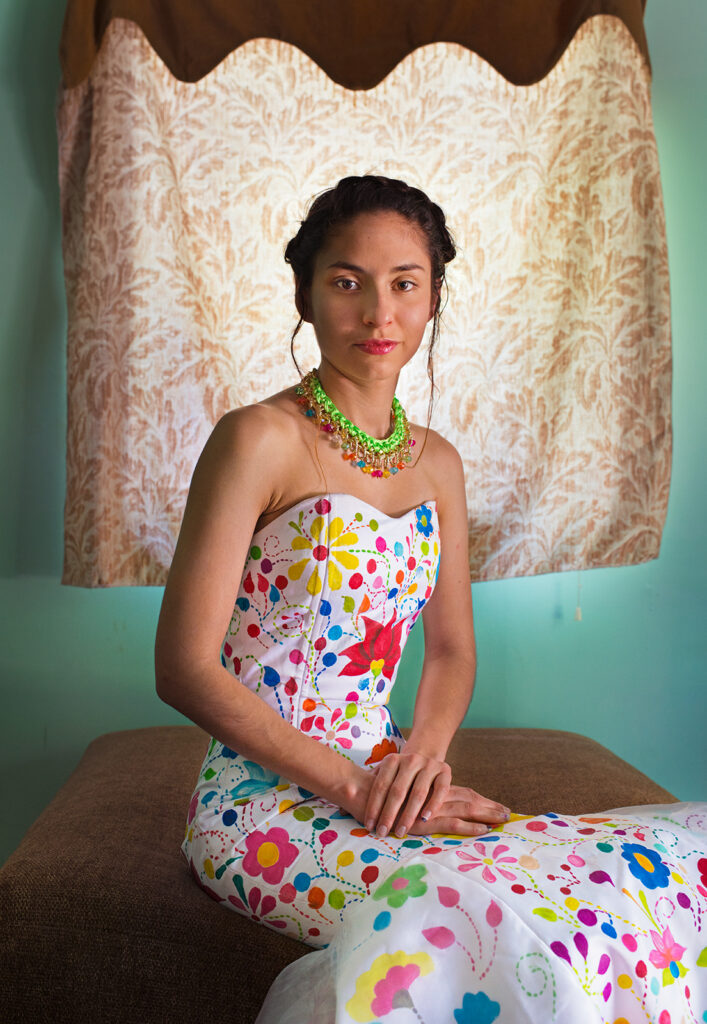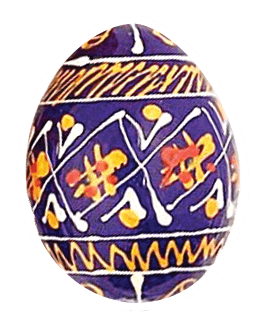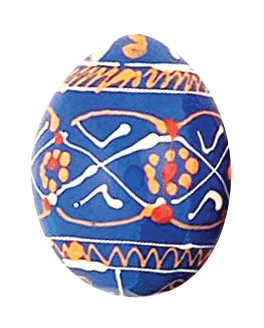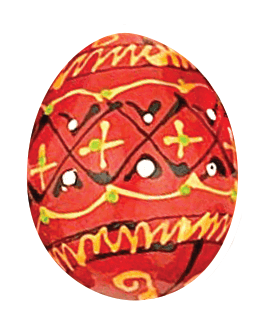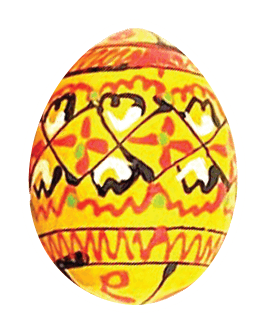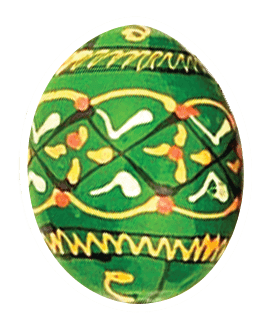In the heart of downtown Newnan, near the municipal park and the Presbyterian Church, stands the Super Latino market. The shop serves as a center for the Hispanic community, a growing group that makes up more than 11 percent of the city’s population. (The 2010 Census numbers the non-Hispanic white population at 52 percent and the Black population at just under 30 percent.)
At the front of the store, a dry-goods section and butcher shop sell such items such as ground masa flour and pickled jalapeños, and specialty-cut meats, such as diezmillo and espaldilla de res. In the back, up three steps and through a narrow doorway, is a tiny taqueria, a restaurant where men in work clothes stop for breakfast and lunch. On weekends, the chili-red exterior of the store is obscured by smoke from a grill, where pollo asada is prepared for families inside. When I’m working in Newnan, it is my favorite place to eat.
It was on a day that I had stopped there for lunch that I met the waitress, Jineet. She was wearing an embroidered blouse and had a deep, open gaze, and I was moved to ask if I could take her portrait. I told her I’d explain after she was finished with work, and she agreed that at the end of her shift we could sit in the restaurant to talk.
As we sat in the avocado-green room, Jineet told me that she had just turned 21, and had thrown a big party for herself. Having saved up money from her work at the restaurant, she’d invited more than a hundred people to the small yard behind her apartment. She had set out tables and decorated them with flowers and Mexican weavings, and hung tissue-paper banners overhead. On the tables were baskets of red, white, and green chips – the colors of the Mexican flag.
Jineet said that she’d come from Mexico only three years before; her mother had come to the U.S. and left her there in the care of an aunt, when she was six years old. When she turned fifteen, while other girls were having lavish quinceañera parties, her aunt hadn’t been able to afford to put one on. Thus, her 21st birthday bash.
Jineet showed me photographs of the party, including one of herself in a fantastical dress, pure white and covered with painted flowers. She had ordered it from an artist in Mexico; it was a statement, she said, of pride in her culture. She spoke for a long time about the sadness she feels when she sees other emigrants, especially women, becoming overwhelmed by all things American. They buy flashy clothes, with big-name labels, as though they feel ashamed “that they came from where there was nothing.”
We decided to have her photographed in her special dress. A few days later I went to Jineet’s apartment, where we worked with a door propped open so that the outdoor light could enter. With her hair braided and pulled up, I noticed the words “Carpe Diem” tattooed to on the nape of her neck.
